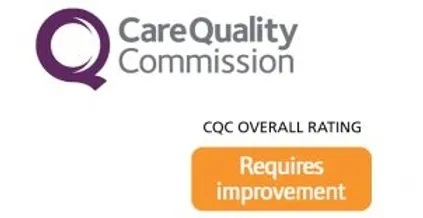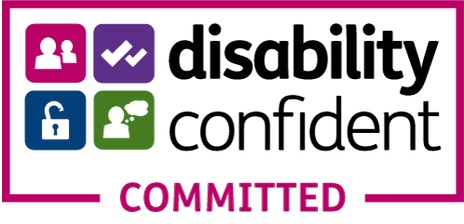Denounce with righteous indignation and dislike men who are beguiled and demoralized by the charms pleasure moment so blinded desire that they cannot foresee the pain and trouble.
Read More Equal Opportunities For All
Equal Opportunities
Equal Opportunities For All
Utmostcare Limited is committed to achieving a working environment that provides equality of opportunity and freedom from discrimination on the grounds of race, religion, sex, class, sexual orientation, age, disability or special needs. Utmostcare Limited is also committed to building a workforce that is diverse and reflects the community around us.
To comply with the requirements of the Equality Act 2010, we refer to Equality and Human Rights Commission Guidance for Employers on Section 60 of the Equality Act 2010.
Health questions are asked at interviews where the applicant is required to be fit and mentally able to undertake the tasks, and where those tasks are an intrinsic part of the job. All interviewers are familiar with the guidance issued by the GEO as stated here.
The aim of Utmostcare Limited is to promote equal treatment for all employees and service users in line with the Equality Act 2010 and in compliance with other equal opportunities legislation and accepted Codes of Practice. These Codes are regularly reviewed using the Equality and Human Rights Commission Guidance We aim to ensure that no job applicant, staff member, volunteer, organisation, or individual we provide services to will be discriminated against by us.
Definition
Utmostcare Limited understands discrimination to mean the treatment of one person favourably over another. Discrimination may be direct or indirect. Direct discrimination is deliberate. Discrimination is indirect when an unnecessary condition or requirement is imposed, whether intentionally or inadvertently, such that the proportion of members of one group who can comply with it is considerably smaller than the proportion of other groups.
Equal Opportunities
Utmostcare Limited is committed to a policy of equal opportunities for all and requires all employees to abide by and adhere to this general principle and to the requirements of the Code of Practice laid down by the Equality and Human Rights Commission and by the duties contained in the Equality Act 2010.
In this organisation:
- Discrimination will not be practiced or tolerated.
- The organisation expects all employees, of whatever grade or authority, to abide by and adhere to this general principle.
- Staff will be promoted, employed, and treated fairly based on their ability and merits and accordingly to their suitability and no one will be disadvantaged by a condition or requirement, which is not justified by the genuine needs of their job or of the proposed job.
- The organisation expects all employees, of whatever grade or authority, to abide by and adhere to this general principle.
- Utmostcare Limited is committed to challenge any form of discrimination it encounters.
- To provide equal employment and advancement opportunities to all individuals, employment decisions at the organisation will be based on merit, qualifications, and abilities.
- Employees or service users with questions or concerns about any type of discrimination in the organisation are encouraged to bring these issues to the attention of the organisation management or owner.
- Any breach of this policy should be reported to the manager or to a senior, responsible member of organisation staff; breaches will be dealt with through the organisation’s disciplinary procedures.
Procedure for Dealing with Complaints of Discrimination
Employees or contracted staff who believe that they are subject to discrimination at work, either by the organisation or by another employee, can have recourse to the organisation’s grievance procedure as set out in their terms of employment. Some discriminatory acts may contravene the Equality Act 2010. These and other forms of discrimination will be taken seriously by the organisation. Failure to comply with the Equal Opportunities Policy and proven acts of discrimination by an employee will be handled under the organisation’s disciplinary procedure.
Complainants should:
- Record the details of what happened or of the specific nature of the complaint.
- Record details of when and where any occurrence took place
- Record the names and contact details of witnesses if appropriate.
All complaints should be dealt with in a professional and confidential manner.
Training
All new staff should be encouraged to read the policy on equal opportunities as part of their induction process.
All existing staff will undergo training and/or briefing to enable them to meet the requirements of this policy and should be offered advice and guidance to ensure they understand their responsibilities within their role and the organisation’s policy.




